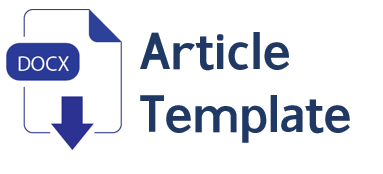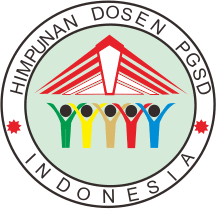Improving Student Learning Outcomes Through The Cooperative Scrip Learning Method In Indonesian Subjects
Abstract
Keywords
Full Text:
PDFReferences
Nasution. (2002). Peningkatan Kurikulum. Bandung: Citra Aditya Bakti
Hamalik, Oemar. (2001). Metode Belajar dan Hasil Belajar.Jakarta : Bumi Aksara
Departemen Pendidikan Nasional.(2003), Penelitian Tindakan Kelas. Jakarta.
Sharan, Shlomo.(2009).Handbook of Coopeerative Learning: Inovasi Pengajaran dan Pembelajaran untuk Memacu Keberhasilan Siswa di Kelas.Yogyakarta: Imperium.
Sudjana. (2008).Metode Statistika. Bandung: Tarsito.
Wena, Made.(2011).Strategi Pembelajaran Inovatif Kontemporer.Jakarta: Bumi Aksara.
Winkel.(1987).Psikologi Pendidikan dan Evaluasi Belajar.Jakarta: PT. Gramedia.
http://www.scribd.com/doc/26707467/3/Ciri-ciri-Belajar, diakses pada tanggal
februari 2019.
http://akhmadsudrajat.com, diakses pada tanggal 14 Januari 2019
Surakhmad, Winarno. (1984). Metodologi Penyajian Nasional.Jakarta : CV. Jam Mas.
DOI: https://doi.org/10.30596/ejoes.v3i1.9947
Refbacks
- There are currently no refbacks.
(EJOES) Educational Journal of Elementary School
Department of Elementary School Teacher Educational, University of Muhammadiya Sumatera UtaraKampus 1 FKIP UMSU
Jl. Kapten Muchtar Basri No.3, Glugur Darat II,Medan
Sumatera Utara-20238
E-mail: ejoes@umsu.ac.id

Educational Journal of Elementary School (EJoES) is licensed under a Creative Commons Attribution-ShareAlike 4.0 International License








